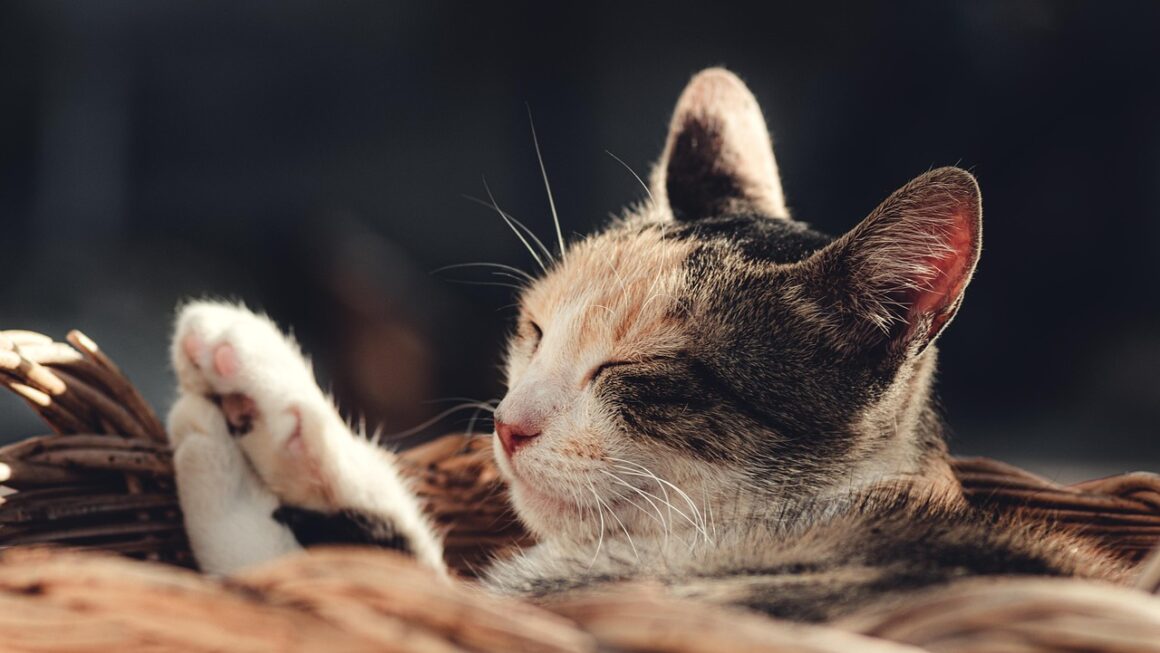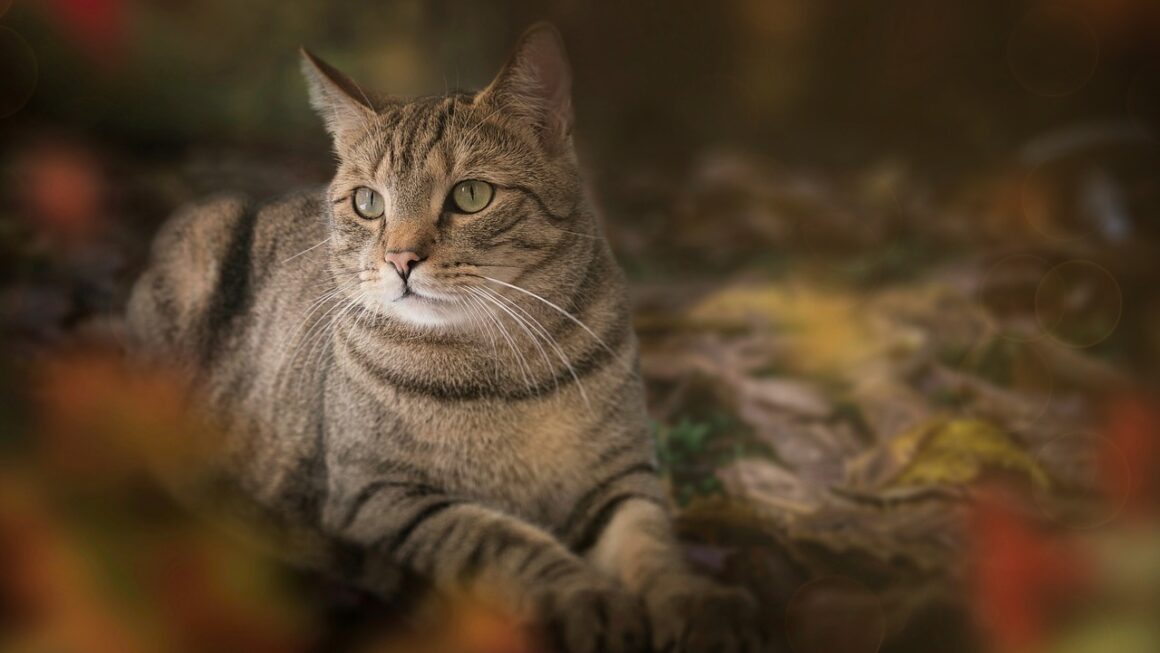Thinking of ditching the dog or cat and venturing into the world of exotic pet ownership? The allure of a unique companion is understandable, but before you welcome a sugar glider, reptile, or other unconventional critter into your home, it’s crucial to understand the responsibilities and specialized care involved. Exotic pets often have complex needs that go far beyond the average pet owner’s experience, so let’s delve into what it takes to provide them with a happy and healthy life.
Understanding Exotic Pets
What Defines an Exotic Pet?
The term “exotic pet” encompasses a wide variety of animals not traditionally domesticated, including:
- Reptiles: Snakes, lizards (like bearded dragons and geckos), turtles, and tortoises
- Birds: Parrots, macaws, cockatoos, finches, and canaries
- Mammals: Sugar gliders, hedgehogs, ferrets, and primates (though primate ownership is often illegal and highly discouraged)
- Amphibians: Frogs, salamanders, and newts
- Fish: Freshwater and saltwater fish that require specialized tanks and care.
- Invertebrates: Tarantulas, scorpions, and various insects.
The specific regulations and classifications can vary significantly by location, so checking local and state laws is paramount.
Why Exotic Pet Ownership Requires Special Consideration
Unlike dogs and cats, exotic animals haven’t been selectively bred for centuries to adapt to human environments. This means:
- Specialized Diets: They often require specific nutrient ratios and food sources not found in typical pet food. For instance, a bearded dragon needs a diet rich in insects and supplemented with vegetables. A poor diet can lead to metabolic bone disease, a common and deadly ailment.
- Specific Environmental Needs: Proper temperature, humidity, lighting, and enclosure size are crucial for their health and well-being. A ball python needs a temperature gradient within its enclosure, with a basking spot around 90°F and a cooler side around 80°F. Failure to provide this can lead to respiratory infections and digestive problems.
- Specialized Veterinary Care: Finding a veterinarian experienced in treating exotic animals can be challenging and expensive. Regular checkups with a qualified vet are essential for preventative care. Don’t wait until your animal is visibly sick to seek help; subtle changes in behavior can indicate a serious underlying issue.
- Long Lifespans: Many exotic pets, like certain parrots or tortoises, can live for decades, committing you to a long-term responsibility. Some macaws can live for 60+ years, and some tortoises can live over 100 years.
- Ethical Considerations: Some exotic pets are sourced from the wild, contributing to habitat destruction and population decline. Always research the origins of your potential pet and choose reputable breeders or adoption organizations.
Legal and Ethical Considerations
Understanding Local Laws and Regulations
Before acquiring any exotic pet, thoroughly research local, state, and federal regulations. Some animals may be illegal to own in your area. Examples include:
- Many states prohibit the ownership of primates.
- Some cities have restrictions on the size or number of reptiles you can own.
- Federal regulations may apply to animals protected under the Endangered Species Act.
Failure to comply with these laws can result in fines, confiscation of the animal, and even criminal charges. Your local animal control or Fish and Wildlife agency can provide accurate information.
Ethical Sourcing and Conservation
Choosing a responsibly bred exotic pet is crucial. Avoid supporting the illegal wildlife trade.
- Research the Breeder: Look for breeders who prioritize animal welfare and genetic diversity. Visit their facilities to assess the living conditions and ask about their breeding practices. A reputable breeder will be transparent and knowledgeable.
- Consider Adoption: Many exotic pets are abandoned or surrendered to rescue organizations. Adopting can give a deserving animal a second chance.
- Avoid Wild-Caught Animals: Wild-caught animals often suffer high mortality rates during transport and may carry diseases. They also contribute to the decline of wild populations.
Potential Zoonotic Diseases
Zoonotic diseases are illnesses that can be transmitted from animals to humans. Exotic pets can carry a variety of these diseases.
- Salmonella: Reptiles are common carriers of Salmonella. Always wash your hands thoroughly after handling reptiles or their enclosures.
- Psittacosis (Parrot Fever): Birds can transmit Psittacosis, a bacterial infection that can cause flu-like symptoms in humans.
- Monkeypox: A viral disease carried by rodents and primates. Always practice proper hygiene.
Educate yourself about the potential zoonotic diseases associated with your chosen pet and take appropriate precautions to protect yourself and your family.
Creating the Ideal Habitat
Enclosure Size and Design
The size and design of the enclosure are crucial for an exotic pet’s well-being.
- Space Requirements: The enclosure should be large enough to allow the animal to move freely and exhibit natural behaviors. For example, a leopard gecko needs at least a 20-gallon long tank as an adult, while a larger lizard like an iguana requires a custom-built enclosure.
- Environmental Enrichment: Provide enrichment items such as branches, rocks, hiding places, and toys to stimulate your pet mentally and physically. A bored animal can become stressed and develop behavioral problems.
- Security: The enclosure must be secure to prevent escapes and protect your pet from predators (including household pets like cats and dogs).
Temperature and Humidity Control
Maintaining the correct temperature and humidity levels is vital.
- Temperature Gradients: Many reptiles require a temperature gradient within their enclosure, with a basking spot and a cooler area. Use thermometers to monitor temperatures accurately.
- Humidity Levels: Different species require different humidity levels. Use a hygrometer to measure humidity and adjust accordingly. Misting, humidifiers, and appropriate substrates can help maintain the correct humidity. For example, a crested gecko needs a humidity level of 60-80%.
- Heating and Lighting: Use appropriate heat sources, such as heat lamps, ceramic heat emitters, or under-tank heaters. Provide UVB lighting for reptiles and amphibians to promote calcium absorption and prevent metabolic bone disease.
Substrate and Furnishings
Choosing the right substrate and furnishings is important for hygiene and comfort.
- Substrate Selection: Select a substrate that is safe, non-toxic, and appropriate for your pet’s species. Avoid substrates that can be ingested and cause impaction. Examples include: paper towels, reptile carpet, or coco fiber.
- Hiding Places: Provide hiding places where your pet can feel secure and escape from stress.
- Water Sources: Ensure a clean and readily available source of water. Some animals require a water bowl for drinking, while others require regular misting or a water feature.
Nutrition and Feeding
Understanding Species-Specific Dietary Needs
Exotic pets often have very specific dietary requirements that differ significantly from traditional pets.
- Reptiles: Some reptiles are herbivores (plant-eaters), while others are carnivores (meat-eaters) or omnivores (eat both plants and meat). Bearded dragons, for example, need a diet of insects and leafy greens.
- Birds: Different bird species require different types of seeds, pellets, fruits, and vegetables. A parrot’s diet should consist of a mix of these, along with a small amount of nuts.
- Mammals: Sugar gliders need a specialized diet that includes protein, fruits, and vegetables. Hedgehogs are insectivores and require a diet of insects, supplemented with high-quality cat food.
Consult with a veterinarian or experienced breeder to determine the specific dietary needs of your pet.
Proper Food Preparation and Supplementation
Preparing food properly and providing appropriate supplements is essential for preventing nutritional deficiencies.
- Freshness: Use fresh, high-quality ingredients. Avoid feeding spoiled or contaminated food.
- Supplementation: Many exotic pets require vitamin and mineral supplements to ensure they receive all the nutrients they need. Calcium and vitamin D3 supplements are particularly important for reptiles to prevent metabolic bone disease.
- Portion Control: Overfeeding can lead to obesity and other health problems. Follow recommended feeding guidelines and adjust portion sizes as needed.
Hydration
Providing fresh, clean water is crucial for all exotic pets.
- Water Availability: Ensure that your pet always has access to fresh water. Change the water daily and clean the water bowl regularly.
- Hydration Methods: Some animals drink from water bowls, while others require regular misting or a water feature. Offer leafy greens that are high in moisture content.
Health and Wellness
Recognizing Signs of Illness
Early detection of illness is crucial for successful treatment.
- Changes in Behavior: Look for changes in appetite, activity level, or social interaction.
- Physical Symptoms: Check for signs of illness such as weight loss, skin lesions, discharge from the eyes or nose, or difficulty breathing.
- Fecal Abnormalities: Examine your pet’s feces for changes in color, consistency, or frequency.
If you notice any signs of illness, consult with a veterinarian immediately.
Preventative Care and Veterinary Checkups
Regular veterinary checkups are essential for maintaining your pet’s health.
- Annual Examinations: Schedule annual checkups with a veterinarian experienced in treating exotic animals.
- Parasite Control: Have your pet tested for parasites regularly and treat as needed.
- Vaccinations: Some exotic pets, such as ferrets, require vaccinations.
Common Health Problems in Exotic Pets
Be aware of common health problems that can affect your chosen species.
- Metabolic Bone Disease (MBD): A common problem in reptiles and amphibians caused by calcium deficiency or inadequate UVB lighting.
- Respiratory Infections: Caused by poor husbandry, such as low temperatures or high humidity.
- Impaction: A blockage in the digestive tract caused by ingesting indigestible materials.
- Parasites: Internal and external parasites can cause a variety of health problems.
Conclusion
Exotic pet ownership can be incredibly rewarding, but it requires significant research, commitment, and specialized care. Before you bring an exotic animal into your home, carefully consider your ability to provide for its specific needs. By understanding the legal, ethical, environmental, nutritional, and health considerations, you can ensure a happy and healthy life for your unique companion and contribute to responsible pet ownership. If you are prepared to dedicate the time, effort, and resources required, you can enjoy the fascinating world of exotic pets responsibly.




